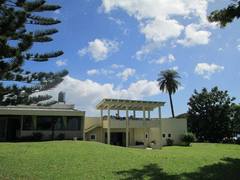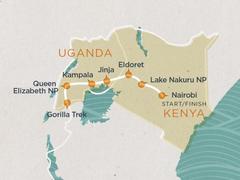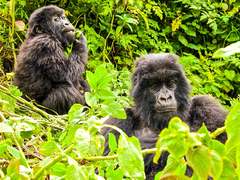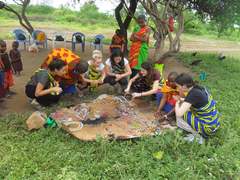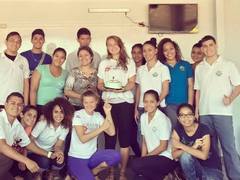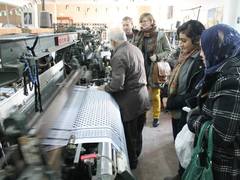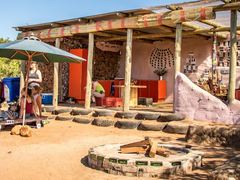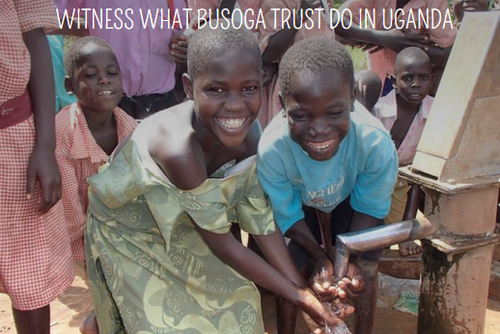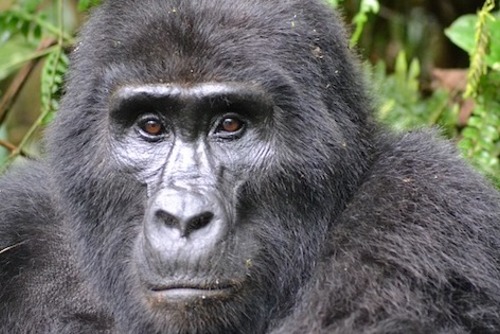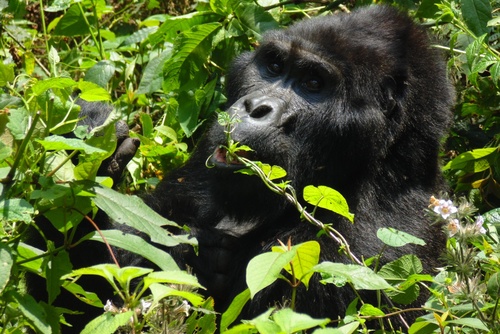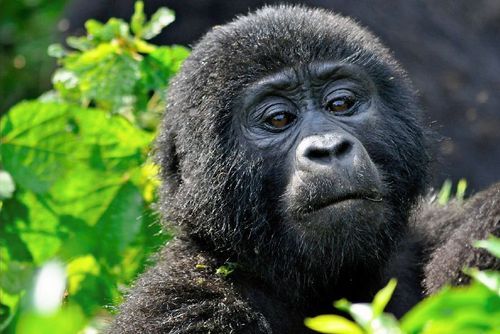Beginning with John Bosco Orphan School in Katosi, Uganda, (2) vocational training in trades which will both support the school and enable widows and older boys and girls to become economically self-supporting, and (3) health and wellness care and education to people living in rural Ugandan villages.
Our overarching goal is that of assisting to create economically strong community infrastructures, which are maintainable by the people living in those the communities.
With the exception of John Bosco School, all projects and programs that receive operational and/or financial seed money/financial support of Step Up Uganda, have a date certain upon which to be 100% self-sustainable by the Ugandan community within which it operates.
At the conclusion of that time, if the project or program is not 100% self-sustainable, the Board of Directors of Step Up Uganda review the program to determine whether or not continued funding is advisable.
Step Up Uganda takes a community-driven approach to developing the programs necessary to a healthy, self-sufficient community: early education, vocational training, basic health care and sustainable livelihoods. We coordinate with organized groups of widows and community leadersin deciding what programs and projects are most necessary and desirable within the community. Our partners in Uganda endeavor toward self-sufficiency, and we seek ways to help every individual find a life of hope and dignity. The key components of our interactive development model are:
- Building and provisioning schools in Uganda
- Health Care and Health Education
- Introduction of vocational programs and small animal farming
Our goals are as follows:
- To create a community development model for schools that is sustainable and replicable in other parts of Uganda
- To support Ugandan people living in small village areas in building lives of hope, dignity, and self-sufficiency through programs of education, health, and vocational training.
- To elevate the life of the Ugandan orphan and widow through education, training, and job creation.
- To assist rural communities in Uganda in building self-sustainable economic infrastructures that are maintainable by the local community and replicable by other communities in Uganda.
- To provide opportunities for people in Uganda and the United States to participate in these efforts.+


